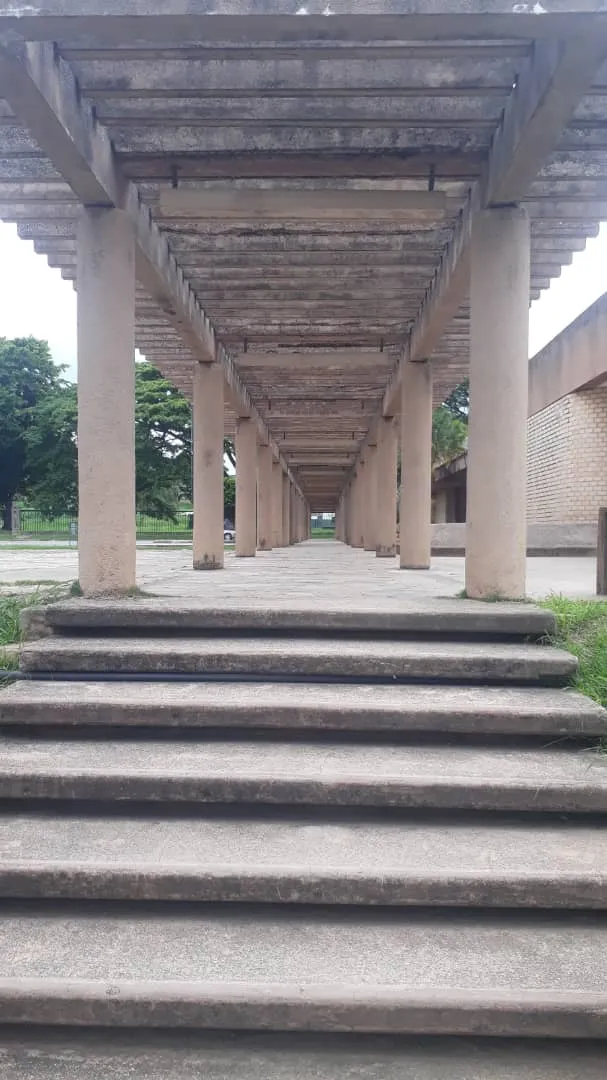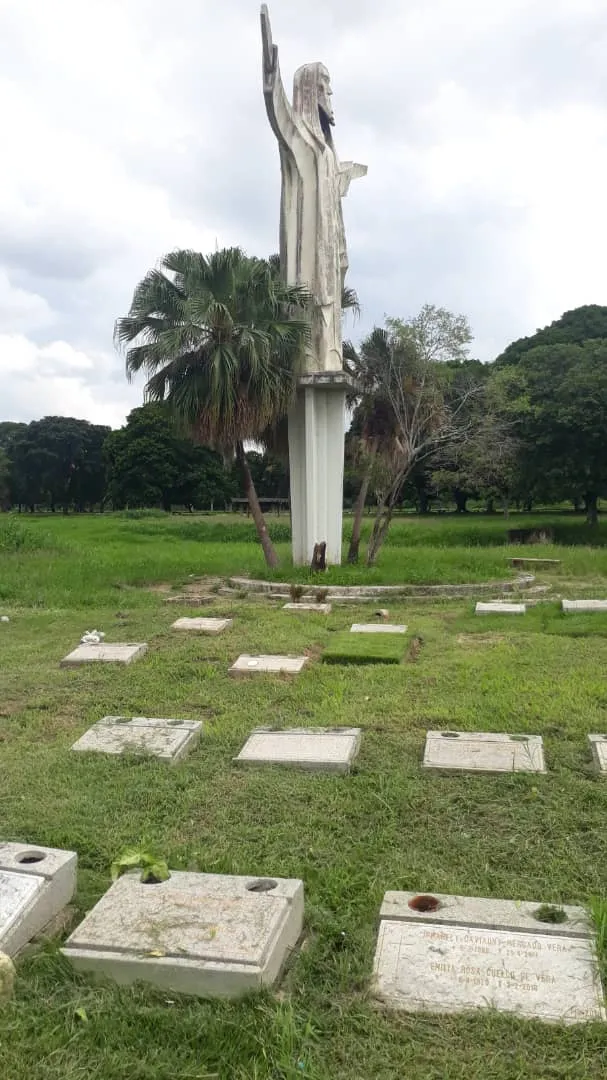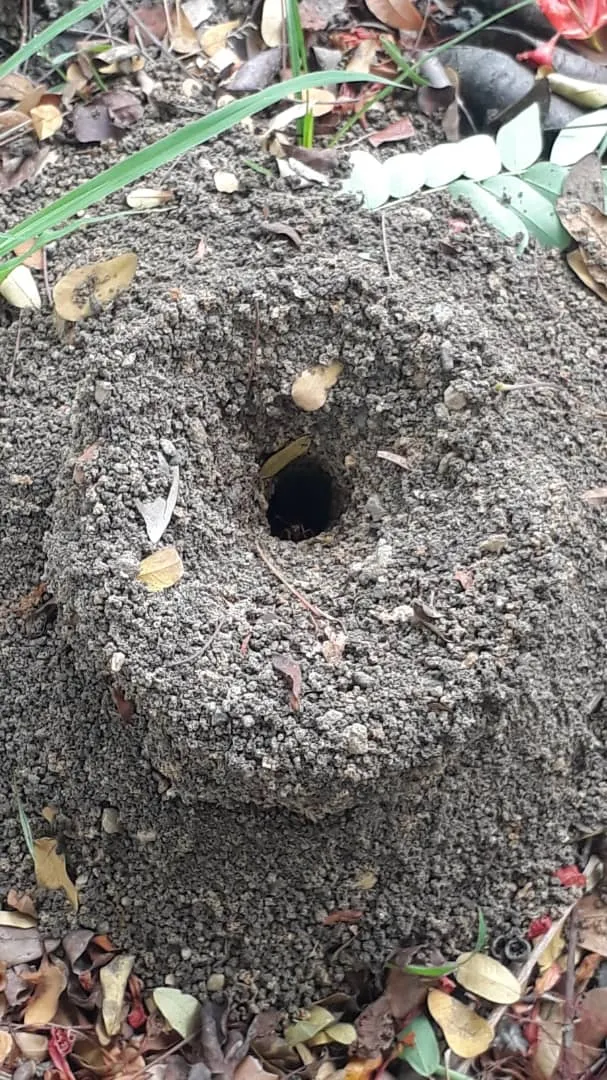



Photos: archivo personal
ENGLISH
Recently I went to the funeral of a relative. A young person that a disease slowly took away. My cousin wanted to live, he had family, friends, dreams, a story, I don't know if it was unfinished, but finally he left this plane.
My cousin left affections, projects, dreams, desires unfinished. His death was unexpected because we had the hope that he could be saved. He also gave up. He felt tired and left.
Saying goodbye is more painful, when we put into words what we feel, but it also heals.
On my way back from the funeral I wondered what goes through the mind of a person who knows that death is stalking him. Possibly he clings to life and fights or finally resigns himself. Whoever lives with an illness reaches a point where he surrenders to it. He accepts it with resignation and death envelops him. It seems that at that point the person decides at what moment to leave when he has already fulfilled his small wills.
Death is the succession of life. It is the way we have to leave the presence in this plane and transcend to another plane of existence. Although it is something natural that is part of all the cycles of life that exist in nature, for some people, death represents a tragedy.
Death is conceived differently in various religions of the world. For example, for Christians death is the divine will: God willed it, for Buddhists death is the succession of life and for other beliefs death is leaving the temple of the body.
Although we all know that at some point it is our turn to go, we feel a deep pain when death knocks on our door unexpectedly, especially when it is a young person.
There is a belief that death is associated with old age, however, in the modern world this reality has changed. Death has nothing to do with age, but with the quality of life we have. Often we find people who, while young, are diagnosed with terminal illnesses or suffer a serious accident and leave this world. For this reason, death for the new generations can come as a surprise.
We all aspire to live long and well and although we are clear as the Venezuelan poet Vicente Gerbasi expressed that "we come from the night and towards the night we go" every departure is painful because we always want to look again into the eyes of the people we love.
There is a belief that death is associated with old age, however, in the modern world this reality has changed. Death has nothing to do with age, but with the quality of life we have. Often we find people who, while young, are diagnosed with terminal illnesses or suffer a serious accident and leave this world. For this reason, death for the new generations can come as a surprise.
SPANISH
Recientemente fui al entierro de un familiar. Una persona joven que una enfermedad se llevó, lentamente. Mi primo quería vivir, tenía familia, amigos, sueños, una historia, no se si inconclusa, pero finalmente se fue de este plano.
Mi primo dejó afectos, proyectos, sueños, deseos sin concluir. Su muerte fue inesperada porque teníamos la esperanza de que podría salvarse. Él también se rindió. Se sintió cansando y se fue.
La despedida es más dolorosa, cuando ponemos en palabras lo que sentimos, pero también sana.
De regreso del sepelio me pregunté qué pasará por la mente de una persona que sabe que la muerte lo acecha. Posiblemente se aferra a la vida y lucha o finalmente se resigna. Quien convive con una enfermedad, llega a un punto en el que se entrega a ella. La acepta resignadamente y la muerte lo arropa. Pareciera que en ese punto la persona decide en qué momento partir cuando ya ha cumplido sus pequeñas voluntades.
La muerte es la sucesión de la vida. Es la forma que tenemos de abandonar la presencia en este plano y trascender a otro de la existencia. Aunque es algo natural que forma parte de todos los ciclos de vida que existen en la naturaleza, para algunas personas, la muerte representa una tragedia.
La muerte es concebida de forma distinta en varias religiones del mundo. Por ejemplo, para los cristianos la muerte es la voluntad divina: Dios así lo quiso, para los budistas la muerte es la sucesión de la vida y para otras creencias la muerte es abandonar el templo del cuerpo.
Aunque todos sabemos que en algún momento nos corresponde irnos, sentimos un profundo dolor cuando la muerte toca nuestra puerta de manera inesperada, sobretodo cuando se trata de una persona joven.
Existe una creencia de la muerte asociada a la vejez, sin embargo, en el mundo moderno esta realidad ha cambiado. La muerte no tiene nada que ver con la edad, sino con la calidad de vida que tenemos. Con frecuencia encontramos personas que siendo jóvenes le diagnostican enfermedades terminales o sufren un aparatoso accidente y parten de este mundo. Por esta razón, la muerte para las nuevas generaciones puede llegar de manera sorpresiva.
Todos aspiramos a vivir mucho y bien y aunque tenemos claro como expresó el poeta venezolano Vicente Gerbasi que “venimos de la noche y hacia la noche vamos” toda partida es dolorosa porque siempre queremos volver a mirar a los ojos a las personas que amamos.
Todos somos transitorios en este plano, por eso lo importante es lo que dejamos en el. Los buenos momentos que compartimos junto a otros, lo construido, el afecto, porque finalmente partimos de la misma manera en que llegamos al mundo. Principio y fin son el mismo lugar.